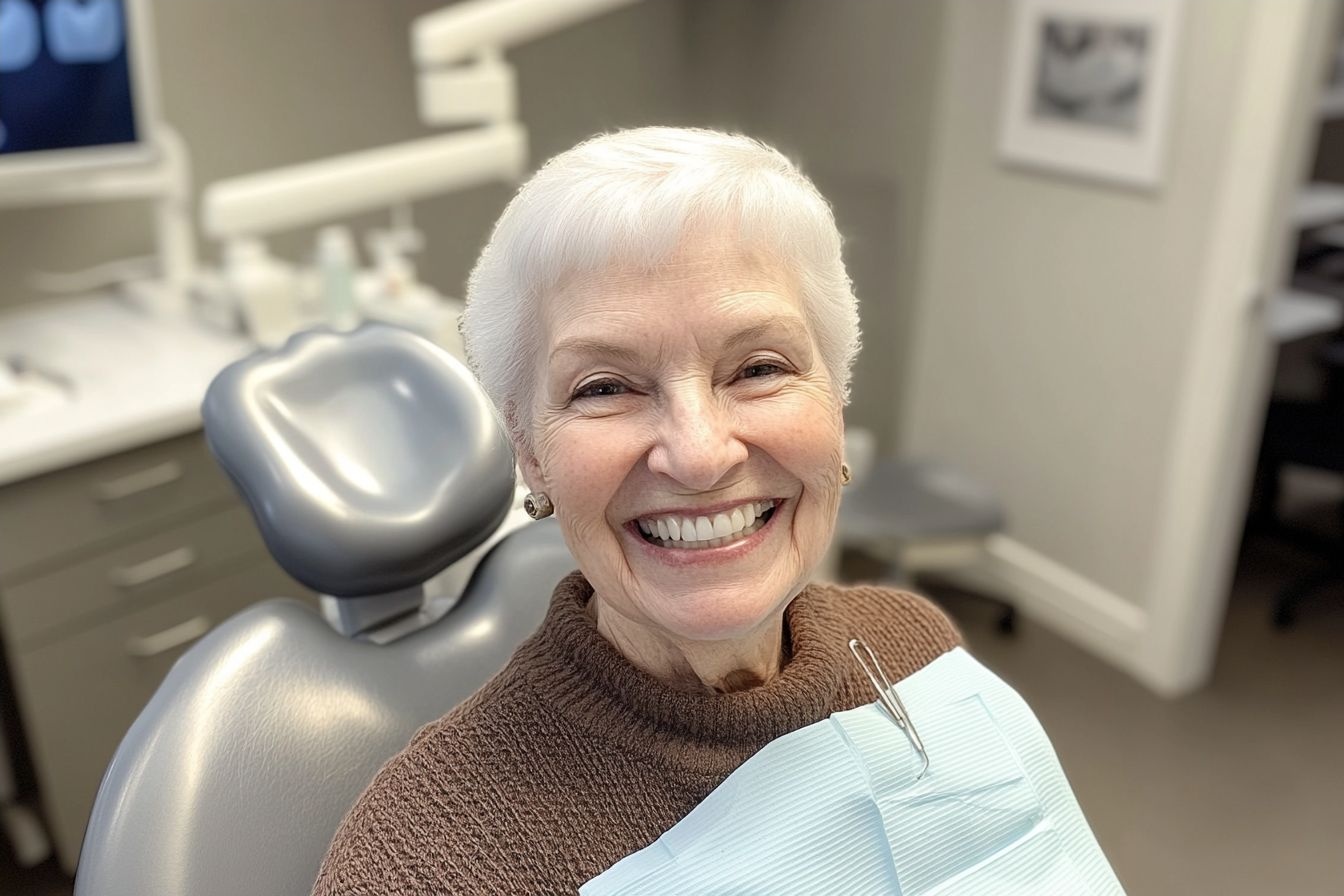Dental Care for Seniors — Choosing the Right Practice
Finding a dentist who understands age related changes—such as gum recession dry mouth and complex medication lists—can make routine cleanings easier and restorative work more predictable. This overview outlines experience checks insurance points and comfort features worth noting.

What makes a dental practice senior-friendly?
A senior-friendly dental practice goes beyond basic oral care services. It should offer a comprehensive approach that addresses the specific challenges faced by older adults. This includes understanding age-related changes such as gum recession, dry mouth, and the impact of complex medication lists on oral health. Senior-friendly practices often provide wider doorways for easy wheelchair access, comfortable seating, and well-lit examination rooms to accommodate vision impairments.
How important are senior-specific dental exam steps?
Senior-specific dental exam steps are crucial for maintaining optimal oral health in older adults. These exams typically involve a thorough assessment of gum health, checking for signs of oral cancer, and evaluating the fit of dentures or dental implants. Dentists experienced in geriatric care will also take into account the patient’s medical history, including medications that might affect dental treatments or oral health. They may use magnifying tools or special lighting to better examine hard-to-see areas, ensuring no issues are overlooked.
What gentle cleaning techniques are best for aging gums?
Gentle cleaning techniques are essential for seniors with sensitive or receding gums. Experienced hygienists may use ultrasonic scalers with lower frequency settings to minimize discomfort during plaque removal. They might also opt for hand scaling in more sensitive areas. Soft-bristled brushes and low-abrasive toothpaste are often recommended for daily home care. Some practices offer guidance on modified brushing techniques that are easier for seniors with limited dexterity to perform effectively.
How can seniors get guidance on denture implant consultations?
When considering denture implants, seniors should look for practices that offer comprehensive consultations. These sessions should include a detailed explanation of the implant process, potential risks, and long-term care requirements. A skilled dentist will assess bone density, discuss any necessary preparatory procedures like bone grafting, and provide realistic expectations about the outcome. They should also be willing to explore alternative options if implants are not suitable, ensuring that seniors make informed decisions about their dental prosthetics.
What insurance coverage questions should older adults ask?
Understanding insurance coverage is vital for seniors managing dental care costs. When selecting a practice, inquire about their experience with Medicare and Medicaid claims, as well as any senior-specific discount programs they may offer. Ask about coverage for preventive care, major procedures, and dental emergencies. It’s also important to discuss payment plans or financing options for treatments not fully covered by insurance. A dental office with a dedicated insurance coordinator can be particularly helpful in navigating these complex issues.
What clinic accessibility and comfort amenities are important?
Accessibility and comfort are paramount when choosing a dental practice for seniors. Look for clinics with ground-level entrances or elevators, wide hallways, and grab bars in restrooms. Comfortable waiting areas with supportive seating and good lighting can make visits less stressful. Some senior-friendly practices offer amenities like blankets, pillows, or noise-canceling headphones to enhance comfort during procedures. Additionally, practices with extended appointment times can accommodate seniors who may need more time or frequent breaks during treatments.
| Feature | Description | Importance for Seniors |
|---|---|---|
| Accessibility | Ground-level entrance, wide doorways, elevators | High - Ensures easy access for those with mobility issues |
| Gentle Cleaning Techniques | Ultrasonic scalers, hand scaling, soft brushes | High - Protects sensitive gums and teeth |
| Senior-Specific Exams | Oral cancer screenings, medication reviews | Critical - Addresses age-specific health concerns |
| Insurance Navigation | Medicare/Medicaid experience, payment plans | High - Helps manage dental care costs |
| Comfort Amenities | Supportive seating, blankets, extended appointment times | Moderate - Enhances overall experience |
| Denture/Implant Expertise | Comprehensive consultations, alternative options | High - Ensures proper fit and function of dental prosthetics |
Prices, rates, or cost estimates mentioned in this article are based on the latest available information but may change over time. Independent research is advised before making financial decisions.
Choosing the right dental practice for seniors involves careful consideration of various factors, from specialized care techniques to accessibility and insurance navigation. By prioritizing practices that offer senior-friendly exam steps, gentle cleaning methods, and comprehensive consultations for procedures like denture implants, older adults can ensure they receive tailored, comfortable care. Additionally, considering accessibility features and comfort amenities can significantly improve the overall dental experience. With the right dental partner, seniors can maintain healthy smiles and contribute to their overall well-being for years to come.




